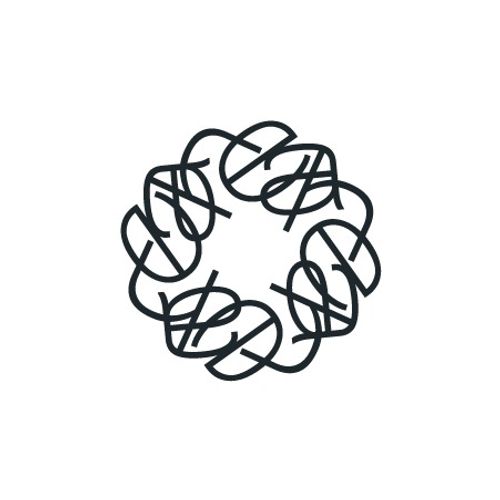Episode 39
Treating CML in Developing Countries
The whole world of CML changed in the early 2000s with the introduction of imatinib and TKIs, however, the situation in developing countries can be significantly different from Europe and USA, as discussed by Prof Hemant Malhotra in this podcast.
Short-backs may encompass the molecular diagnosis and monitoring of the disease (not everywhere available) as well as the cost of drugs and medical expense coverage. On the other hand, the relative affordability of generic TKIs may cause skipping of expensive diagnostic procedures before starting treatment, whereas their current prolonged life expectancy is making the number of CML patients increasingly high. A complex picture that is worth listening to in order to better understand medicine across different regions in the world.
Host: Shaun McCann; Guest: Prof. Hemant Malhotra
What did you think of this podcast? Share your opinions with us in this short feedback survey.
Would you like to explore more eLearning or podcasts? Please visit the EHA Campus.
Subscribe, share, and review this podcast to be able to address topics you enjoy and like to listen to.
Follow EHA on Instagram: https://www.instagram.com/EHA_Hematology/
Facebook: https://e-h-a.link/facebook
LinkedIn: https://www.linkedin.com/company/eha/
Email us: education@ehaweb.org
Subscribe to receive the EHA Educational Updates via https://eha.news/subscribe

